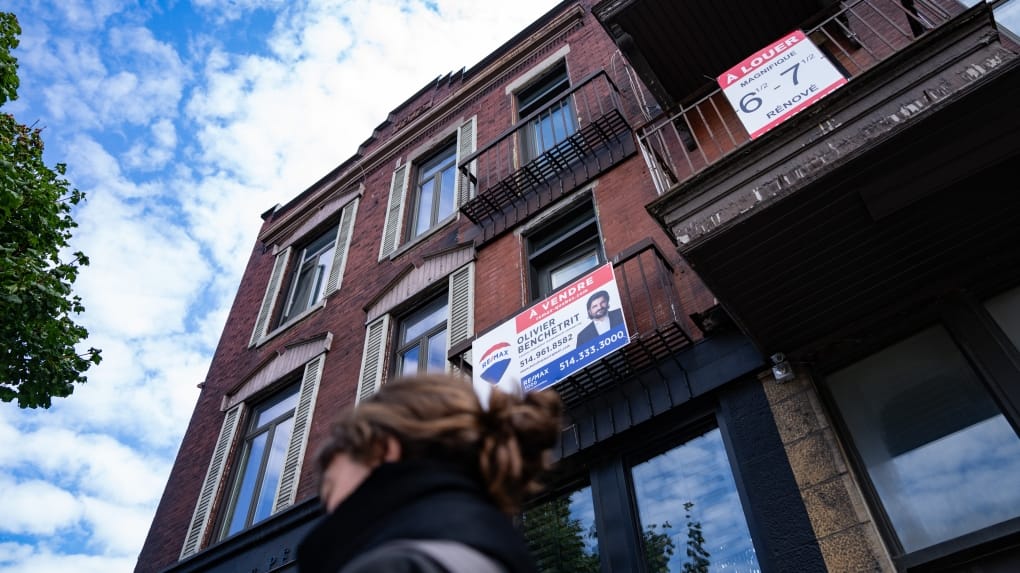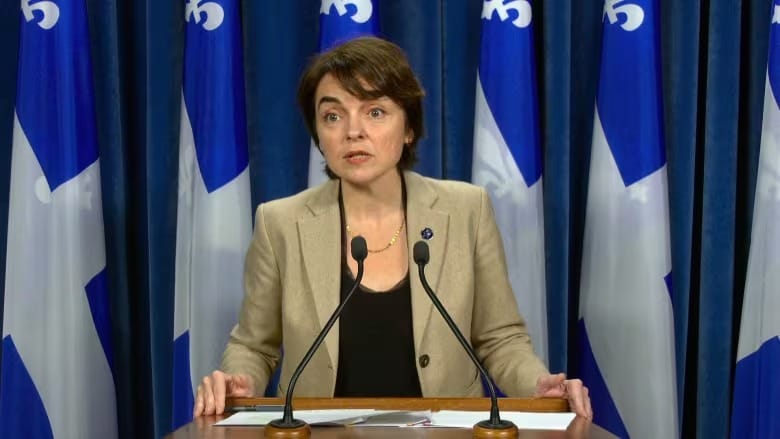Rent for a 2-bedroom in Montreal could hit $4,325 in eight years: study
Researchers used artificial intelligence to create projections based on data from the Canada Mortgage and Housing Corporation (CMHC), Statistics Canada, and immigration and population projections from the Government of Canada.

Could rent in Canada's most sought-after markets surpass $7,500 in less than a decade?
A new study from Montreal's Concordia University suggests that if current policies and trends remain unchanged, the cost of a two-bedroom apartment could soar to $4,325 per month in Montreal, $5,600 in Toronto, and $7,750 in Vancouver within the next eight years.
Researchers employed artificial intelligence to generate these projections, using data from the Canada Mortgage and Housing Corporation (CMHC), Statistics Canada, as well as immigration and population forecasts from the Government of Canada.
"We examine past trends, how they impacted rent prices, and then use government projections to forecast the future," explained lead researcher Erkan Yonder. "If we maintain current immigration policies and keep real estate and supply policies unchanged, this is the outcome we foresee."
According to the Rentals.ca September 2024 report, the current average rent for a two-bedroom apartment in Vancouver is $3,632 (a 6.4% drop this year), $3,158 in Toronto (down 7.5%), and $2,276 in Montreal (a 1.8% increase).
Nationally, the average rent for a two-bedroom unit is $2,278 (up 4.3%), while in Quebec, it stands at $2,168 (up 4%).
Housing Shortage
Yonder highlighted that the housing supply is falling short of the growing demand, and emphasized that local governments need to accelerate construction in key areas.
"Right now, we see an unhealthy relationship between supply and demand," Yonder noted. "We need to build six times more than what we’re currently building each year. Only then can we start discussing affordability and a healthier economic balance."
Yonder added that this supply issue is not unique to Canada but is also prevalent in other countries that attract immigrants but lack sufficient housing stock.
"We're generating demand without creating enough supply to meet it," he said.
While the CMHC reported a 4% increase in housing starts in 2024, it is insufficient to accommodate the growing population. In 2023, housing starts fell short by 30,000 units, partly due to high interest rates.
Localized Issue
Yonder also stressed that while the housing crisis is often examined from a national perspective, the issue is very much local.
Certain areas, like Metro Vancouver, are extremely popular, while others are less so. Local governments need to collaborate with developers and institutional investors to encourage people to move to regions with available housing.
"It’s up to governments, particularly local governments, to create policies that make lower-demand areas more appealing," he said. "This could be done by attracting businesses to those regions and, in turn, encouraging newcomers to settle there."





